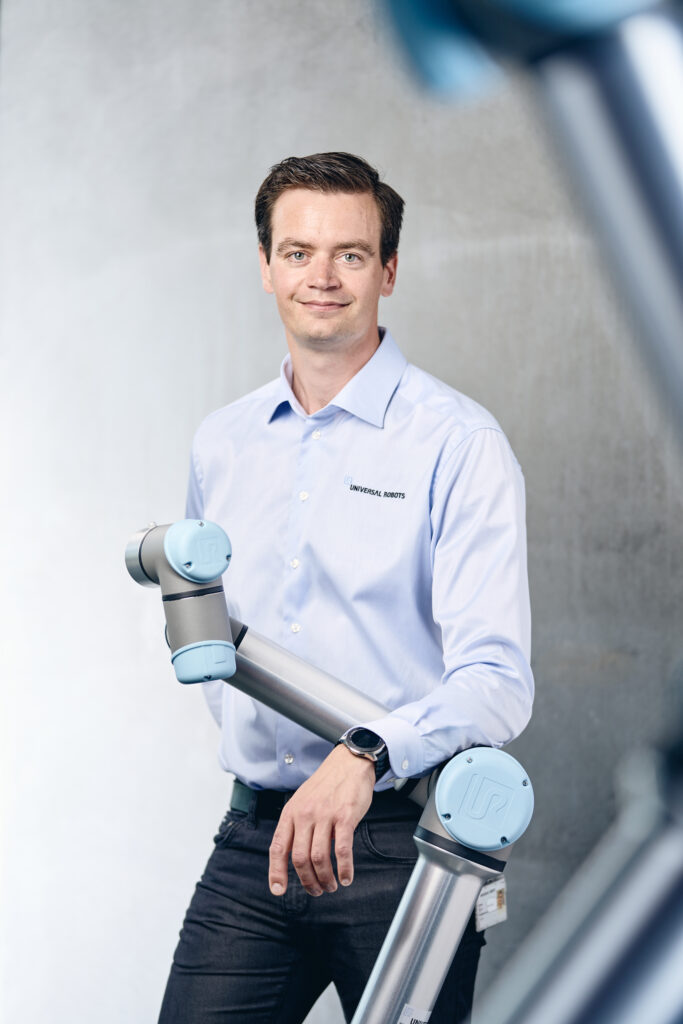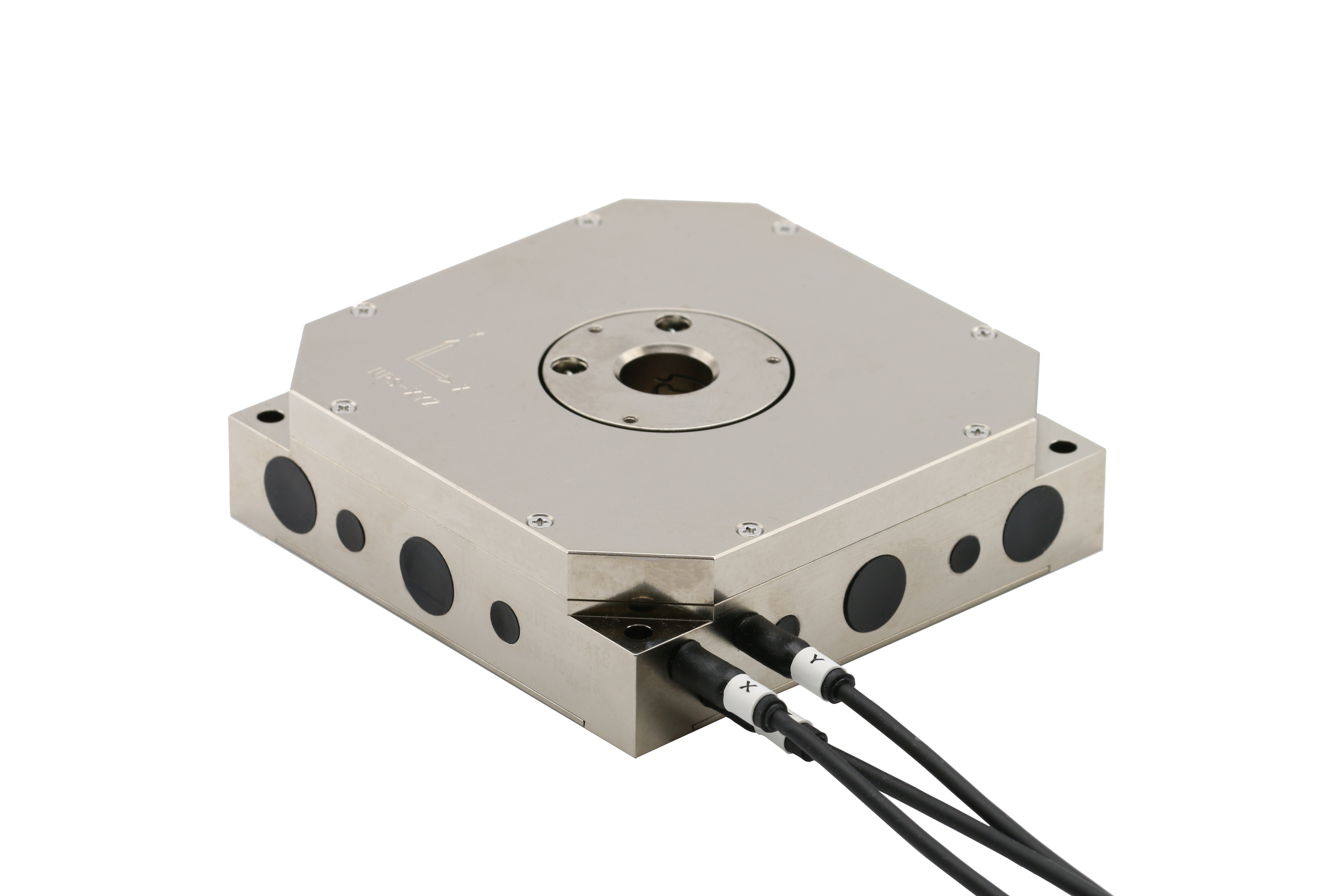Tech leaders discuss what’s needed to help shape the future of this fascinating sector.
With National Manufacturing Day upon us, now is a good time to reflect on the industry as a whole, and take stock of current challenges and innovations. Noting the UK recently fell out of the top 10 manufacturing nations, Britain must act fast to forge a comeback based on a new strategies underpinned by the latest technological innovations.
An industry in flux
The UK manufacturing sector needs to become more competitive and efficient. Simon Ranyard, Managing Director for Nordics, UK and Ireland at Orange Business states, “For UK manufacturing, staying competitive in today’s global market hinges on one thing: modernisation. While the UK’s digital infrastructure is improving, we’re still catching up to European leaders like Germany and the Nordics, where high-speed connectivity and automation are driving greater efficiency.”

“Many UK manufacturers are constrained by outdated systems that limit flexibility and hinder productivity. Manufacturers need to integrate IoT, AI, and data analytics – and ensure robust collaboration between IT and OT systems. IT manages data and applications, while OT controls physical processes and equipment, with more collaboration, businesses can unlock smarter connectivity, streamline operations, and optimise their supply chains. This transformation isn’t just about efficiency. New technology can build greater resilience, enhance security, and pave the way for sustainability and innovation. Manufacturers must adopt future-proof, secure infrastructure that’s not only agile and data-driven, but also built to support the demands of an increasingly digital and connected world.”
Shane Geary, SVP Manufacturing & Operations at Pragmatic adds to this stream of thought by highlighting how and where the industry must evolve. “Recent years have underscored just how fragile global supply chains really are. The manufacturing industry has been hit the hardest, with material shortages and logistical bottlenecks bringing production lines around the globe to a halt.
“Global semiconductor shortages have contributed to these bottlenecks, with the impact rippling across industries and sectors. It’s imperative that manufacturers expand on existing strategies and adopt innovative solutions to build more resilient, adaptable supply chains.

“Advanced semiconductor manufacturing is unlocking the potential for low-cost connectivity at scale, enabling real-time, item-level monitoring of goods to help manufacturers respond swiftly to disruptions and shortages.
“These new materials don’t rely on silicon, and enjoy low-temperature production processes – using significantly less energy and water, and fewer harmful chemicals – that drive down cost and vastly reduce carbon impact. This makes low-cost, sustainable, item-level intelligence a reality. With shorter fabrication times and single-site production, these novel chips can provide localised, high-volume supply, agile, ‘just-in-time’ chip production to meet fluctuating demand, and create a more resilient manufacturing supply chain.”
Effectively incorporating new technologies
Advanced technologies have become the driving force for many industries to streamline and automate processes. Manufacturing should be no exception to this approach. Consulting Head for Manufacturing, Logistics, Energy and Utilities, UK&I at Cognizant, Prasanth Thomas, comments, “National Manufacturing Day is an opportunity to celebrate the progress UK manufacturers have made in adopting transformative new technologies. In 2024, smart technologies – powered by the innovative capabilities of automation, big data analytics, and computerised controls – are providing manufacturers the opportunity to improve productivity, agility and speed on a scale never seen before.”
From robotics to AI, new developments are paving the way. Andrei Danescu, CEO and Co-Founder at Dexory adds, “It’s important to step back sometimes and reflect on the industry and the challenges it faces, but also to look ahead at the innovations that will help to overcome these challenges. Looking ahead, innovation is needed to get the UK industry back on track. Advanced technology, like robotics, AI and alternative automation, represent a great opportunity for the UK to showcase its manufacturing prowess. However, it is important the sector is focused on robotics technologies that provide real-world ROI to end user organisations, instead of focusing on just pure innovation or complex, deep RD incentives.”

Adding to this, Anders Billesø Beck, Vice President for Strategy & Innovation, Universal Robots highlights, “While ROI takes the lead as a number one concern when considering technology investments in our recent survey (32 percent), it doesn’t stand alone. Other concerns are nearly as common, including usability, a lack of in-house expertise, safety, and potential disruptions to existing operations. These ‘roadblocks’ were mentioned by around 20 percent of correspondents. So, how can technology providers address these issues for manufacturers today?
“In robotics, we need a two-pronged approach. Firstly, we must continue to push the frontiers for what tasks automation, digitisation, and AI can solve. Alongside this, we must create solutions that are even more intuitive and user-friendly, while providing the training needed to empower the current workforce. Despite rapid advancements in robotics and AI, the human element will always be essential.”

Furthering the AI discussion, James Fisher, Chief Strategy Officer at Qlik concludes, “The manufacturing industry to date has been cautious to implement AI. In part, this has been due to a lack of accessible data for AI to learn from and work with – because a lot of the data in the industry is often unstructured and siloed. It’s common for data in the manufacturing industry to be localised to a specific production line or team and held within legacy IT systems. At the same time, there are huge potential benefits for the manufacturing industry if it does embrace AI – it can help to monitor and improve production line efficiency, boost quality control and make more informed decisions, like planning for increased staffing during busy times. The manufacturers who do embrace AI stand to gain a competitive advantage, as they can speed up processes, power customer interactions through AI assistants, help interpret and summarise findings, and more.”

The journey ahead
To establish the UK as leader, there needs to be a change in strategy and an increased use of advanced technology. These contributions will enhance the manufacturing landscape greatly and ensure adaptability in light of disruption or change. By modernising the industry today, the UK will hopefully regain its place in the top 10 before long, and create a more efficient and agile supply chain, ready to tackle any problem that comes its way.








